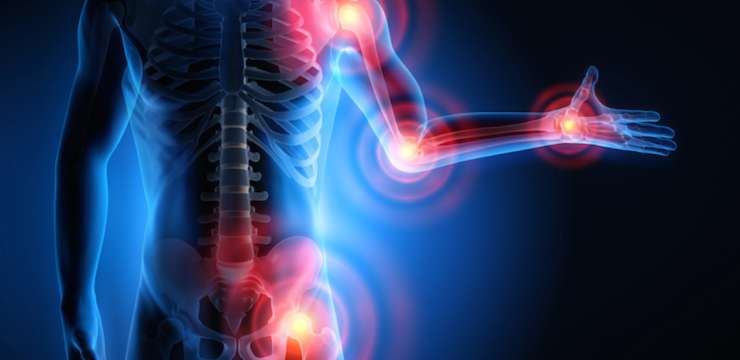Dr. Alex Jimenez brings to you this episode of Functional Medicine where Medical Specialists will help you recognize the symptoms, signs, and conditions correlated with…

Agility & Speed Anti Aging Conditions Treated El Paso Chiropractic News Fitness Functional Medicine Functional Medicine Series Health Health Coach Health Coach Clinic Podcast Healthcare Providers Holistic Medicine Nutrition and Wellness Nutritional Genomics Power & Strength Remedies Spine Care Sports Injury Treatments Video Webinars Wellness
December 28, 2020
2646Views 0Reactions 0Comments
Agility & Speed Anti Aging Conditions Treated El Paso Chiropractic News Fitness Functional Medicine Functional Medicine Series Health Health Coach Health Coach Clinic Podcast Healthcare Providers Holistic Medicine Nutrition and Wellness Nutritional Genomics Power & Strength Remedies Spine Care Sports Injury Treatments Video Webinars Wellness
December 28, 2020
2646Views 0Reactions 0Comments
What is Thyroid Dysfunction? | El Paso, Tx (2021)
Agility & Speed Anti Aging Conditions Treated El Paso Chiropractic News Fitness Functional Medicine Functional Medicine Series Health Health Coach Health Coach Clinic Podcast Healthcare Providers Holistic Medicine Nutrition and Wellness Nutritional Genomics Power & Strength Remedies Spine Care Sports Injury Treatments Video Webinars Wellness
December 28, 2020
2646Views 0Reactions 0Comments
Agility & Speed Anti Aging Conditions Treated El Paso Chiropractic News Fitness Functional Medicine Functional Medicine Series Health Health Coach Health Coach Clinic Podcast Healthcare Providers Holistic Medicine Nutrition and Wellness Nutritional Genomics Power & Strength Remedies Spine Care Sports Injury Treatments Video Webinars Wellness
December 28, 2020
2646Views 0Reactions 0Comments














